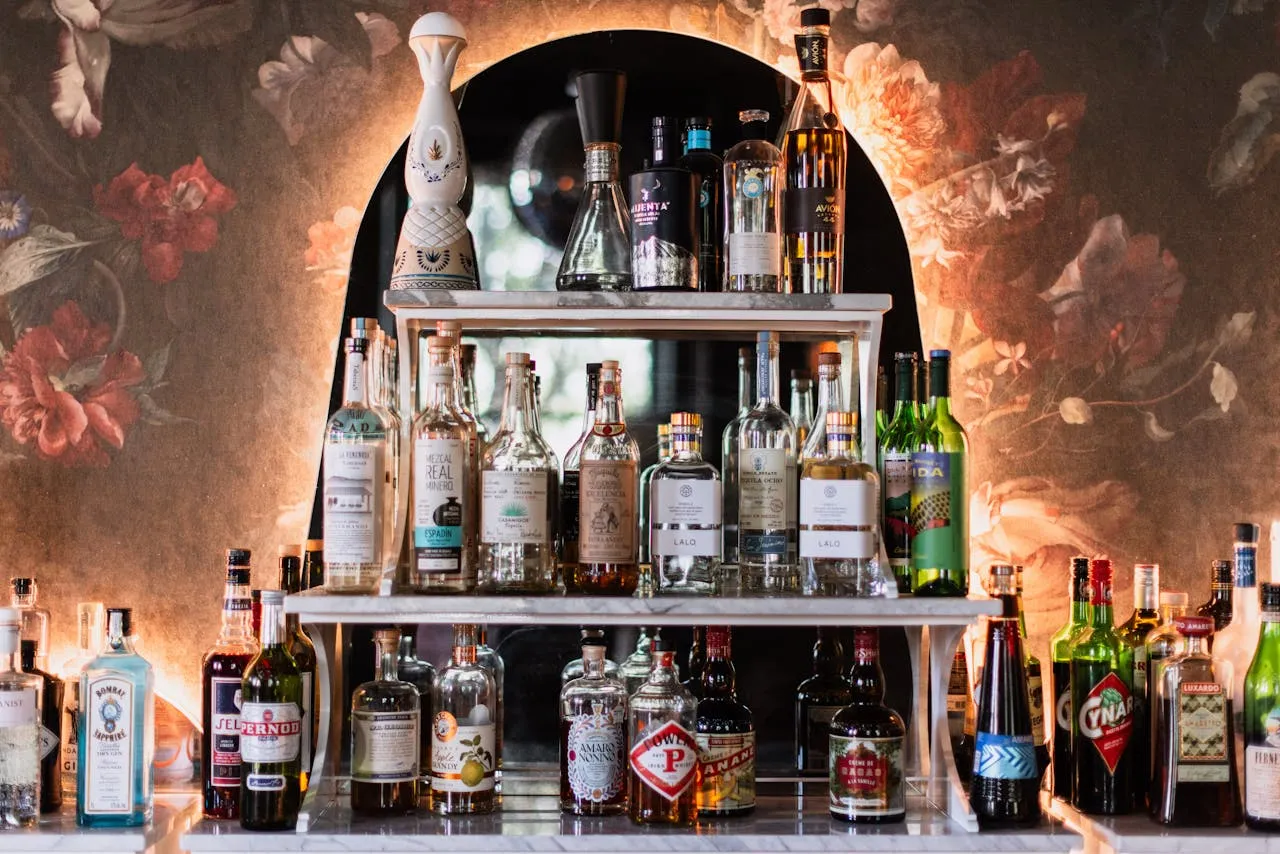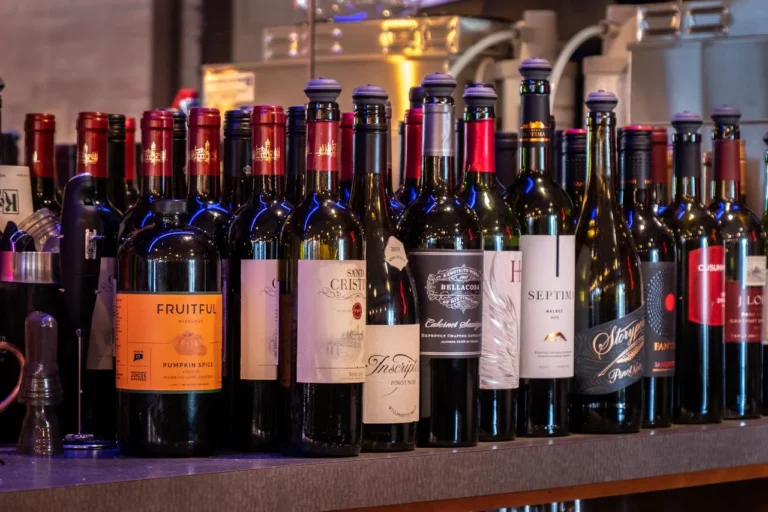
Penfolds Wines Shine at China Import Expo as Treasury Wine Estates Leads in Brand Protection
In a significant recognition of brand protection efforts and legal precedent,Wines the Supreme People’s Court of the People’s Republic of China has officially selected a landmark intellectual property case involving Penfolds wines for inclusion in its prestigious Reference Case Library. This honor places the case among the most influential legal decisions in China’s modern judicial history and underscores the country’s growing commitment to enforcing intellectual property (IP) rights—especially those of international brands operating in its market.
A Rare and Distinguished Honor
The Reference Case Library, established in early 2024, serves as a vital tool to support academic research, foster public understanding of legal decisions, and promote consistent judicial standards across China’s court system. Inclusion in the database is extremely rare. Since 1995, only about 0.003% of all adjudicated cases—fewer than 5,000 in total—have been selected for this library, highlighting the exceptional legal and social significance of each case featured.
The Penfolds case, first ruled on in 2020, centers on a high-profile trademark infringement lawsuit filed by Treasury Wine Estates (TWE),Wines the owner of the Penfolds brand, against a Chinese entity that marketed counterfeit wines under the name “PENFUNILS.” This deliberate imitation not only visually and phonetically resembled “Penfolds,” but also misled consumers by imitating the Chinese trademark “奔富” (Ben Fu), which has become synonymous with Penfolds wines in China.
A Landmark Decision in Chinese IP Law
The 2020 ruling was a watershed moment for foreign brand protection in China. The court declared “Ben Fu” a well-known trademark—the highest form of recognition for an unregistered common law mark within the Chinese legal framework. This status is granted only when a brand has demonstrated widespread recognition, consistent and long-term commercial success, and substantial investment in brand development and protection.
In its decision, the court emphasized that the Ben Fu trademark had achieved broad public awareness and association with Penfolds wines after more than two decades of continuous use, significant sales growth, sustained marketing efforts, and a rigorous global anti-counterfeit strategy. The court ruled that the PENFUNILS brand was a clear attempt to piggyback on Penfolds’ reputation, misleading consumers and damaging the company’s intellectual property rights.
An image comparing the counterfeit “Penfunils” label to an authentic Penfolds bottle circulated widely, further illustrating the striking similarities and reinforcing the urgency of legal intervention.

Global Recognition of a Leading Brand Protection Program
Anna Olsen, TWE’s Global Director of Intellectual Property, welcomed the court’s decision and its inclusion in the national legal reference database. “We’re honored by this recognition of our brand protection program,” she said. “We deeply appreciate the consistent support from Chinese authorities and industry partners in helping us protect the integrity and value of our brands.”
Olsen noted that strong and transparent intellectual property protections are essential for building trust among consumers and ensuring a fair business environment for foreign companies. “Consumers deserve confidence in the authenticity of luxury brands, and these types of rulings give them that assurance.”
TWE’s efforts in this area have not gone unnoticed on the global stage. In 2023, the company’s IP team was awarded the Food and Beverage IP Team of the Year by World Trademark Review, having previously earned Asia Pacific IP Team of the Year in 2021. These accolades highlight the innovative, in-house IP management system TWE has built to monitor and combat brand infringement worldwide.
Building on a Strong Legal Track Record
The inclusion of the PENFUNILS ruling in China’s judicial archive follows another major legal triumph for TWE. In 2022, the company prevailed in a protracted six-year legal battle against another infamous copycat brand, Rush Rich. That case, which spanned both Chinese and Australian courts, resulted in a judgment invalidating Rush Rich’s registration of a Chinese trademark closely mimicking “Penfolds Winery” (奔富酒园).
The ruling not only forced Rush Rich to cease all infringing activity but also required the company to issue a public apology and pay more than AUD $14 million in damages. While this decision is still under appeal, it represented a monumental victory for brand owners and sent a powerful message that intellectual property theft will not be tolerated in China’s evolving legal landscape.
Commitment to the Chinese Market
Penfolds’ deep historical ties with China date back more than 130 years, with its first recorded entry into the Chinese market occurring in 1893. The brand has since become a symbol of premium Australian wine and enjoys wide recognition among Chinese consumers.
“Penfolds has a proud legacy in China,” said Tom King, Managing Director of Penfolds. “We are committed to a long-term presence here. Robust legal protections that safeguard our trademarks allow Chinese wine lovers to continue enjoying our high-quality wines with confidence. We are grateful for the continued cooperation of Chinese authorities in ensuring that our brand is protected.”
Penfolds’ commitment to the region was on display at the 2024 China International Import Expo (CIIE) in Shanghai, where the brand showcased its range of luxury wines and reaffirmed its dedication to the Chinese market.
Industry-Wide Support for IP Protection
TWE’s IP victories align with broader industry efforts to protect the reputation of Australian wines abroad. Wine Australia, the national agency responsible for promoting and regulating Australian wines globally, plays a key role in safeguarding brand integrity.
“Protecting the integrity of Australian wine brands in key export markets like China is vital,” said Ned Hewitson, Wine Australia’s General Manager of Regulation and General Counsel. “Through tools such as the Export Label Image Search System (ELISS), we can detect and prevent the export of counterfeit products that attempt to exploit the hard-earned reputation of our producers. Maintaining consumer trust is essential for the industry’s long-term viability.”




